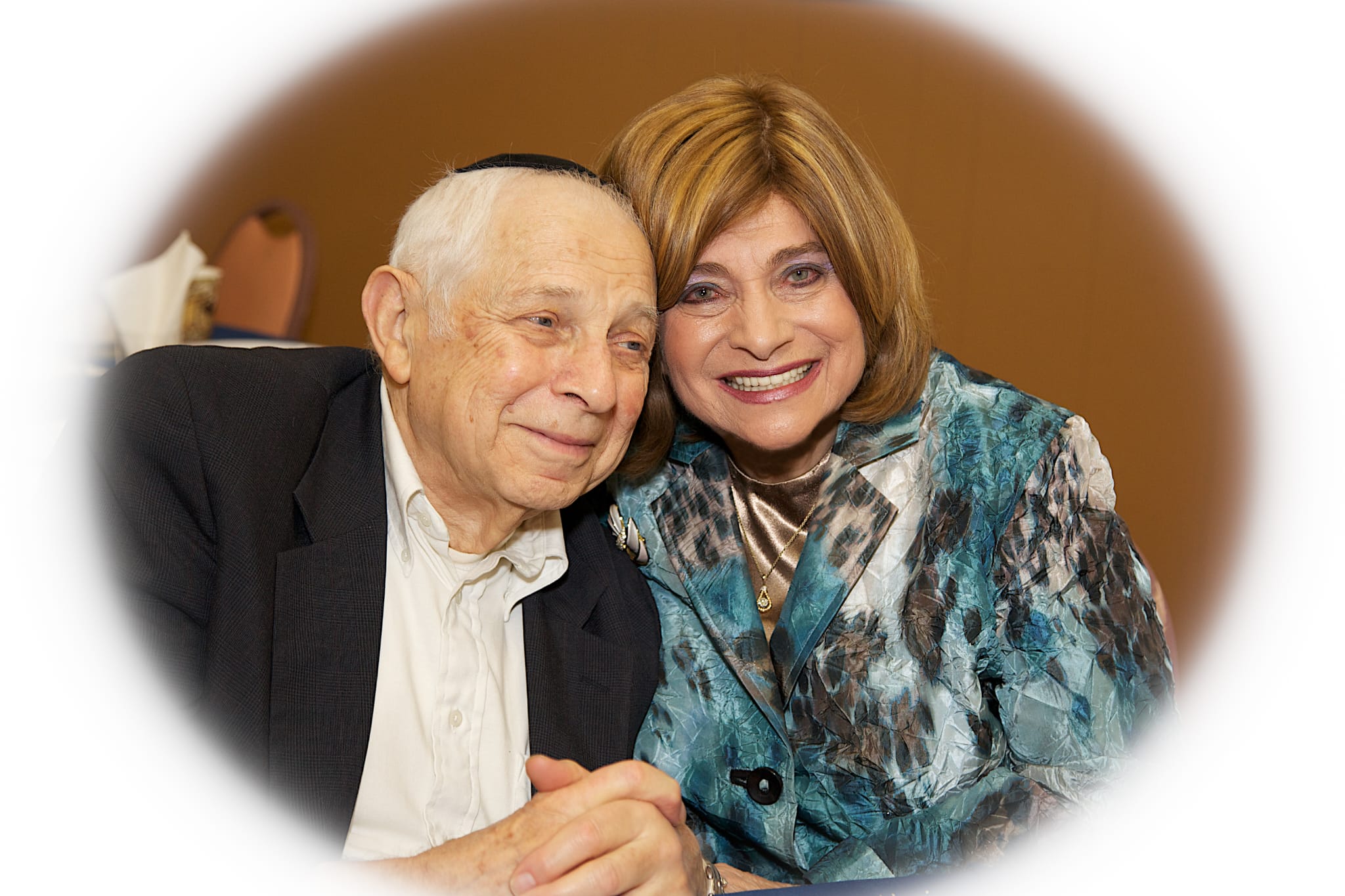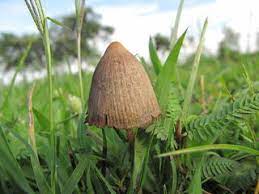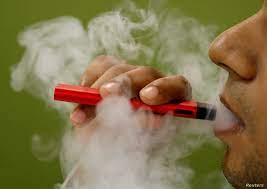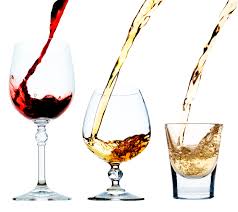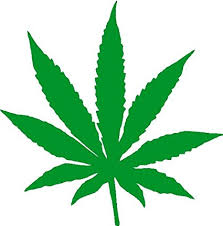Notes on Purim and Teenage Drinking
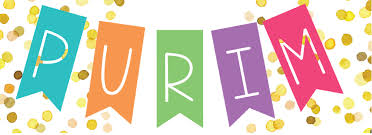
With Purim approaching, we thought it might be helpful to consider the importance of speaking with your children about drinking. It’s an unpleasant topic, one that we parents might want to avoid in the midst of busy preparations for this happy day. Unfortunately, it has become necessary, just as we teach children to buckle their seatbelts in the car and wear their helmets when they ride their bikes.

